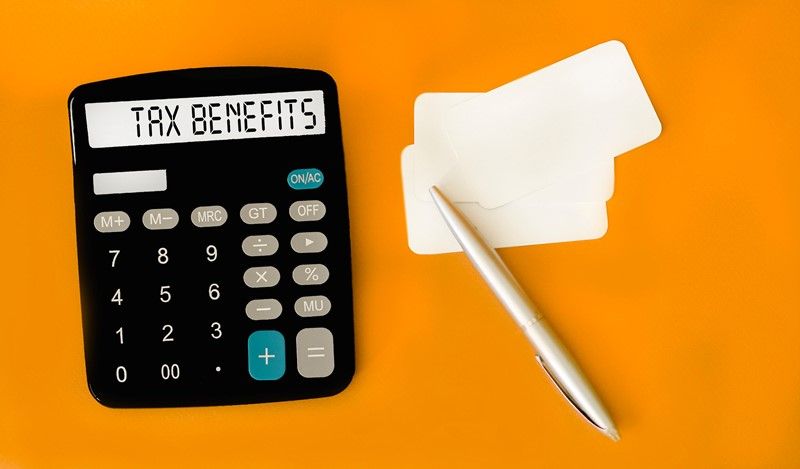Claim flat rate expenses for work clothing and tools
If you use your own money to buy items for work, you may be eligible to claim tax relief as long as the items are essential for your job and are used solely for work purposes.
Flat rate expenses (also known as a flat rate deduction) allows you to claim tax relief for a fixed amount each tax year to cover the costs of work clothing and tools required for your job. This tax relief reduces the amount of tax you owe. For example, if you claim a flat rate expense of £60 and pay tax at a 20% rate, you will pay £12 less in tax. When claiming a flat rate expense, there is no need to provide receipts.
A claim for flat rate expenses can be made on HMRC’s portal at www.tax.service.gov.uk/claim-tax-relief-expenses/what-claiming-for. You need to make your claim under the heading ‘Uniform, work clothing and tools (Flat rate expenses)’ in the portal mentioned above. If your employer pays towards your expenses, you must deduct the amount they pay to get the figure you can claim.
HMRC publishes a table entitled ‘Lists of industries and jobs’. The table lists the tax relief you can claim by category. For example, workers in the forestry sector can claim a flat rate expense of £100 and airline cabin crew £720. If your industry or job is not listed, you can claim a flat rate expense of £60 for each applicable tax year.
This tax relief is designed to support employees with essential job-related costs, so it’s worth checking if you are eligible to claim. There is also an option to claim the actual amount you have spent. You will need to provide receipts or proof of purchase if you use this method.




